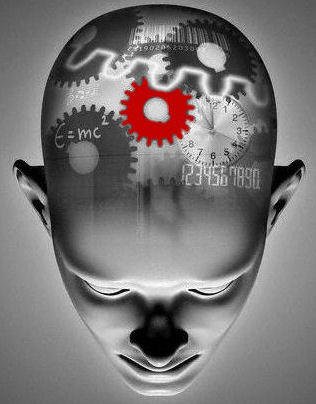
– Written by Tom Patrick, Qatar
Article originally published on Aspetar.com
Over the past 15 years, the notion of recovery has received considerable attention by both researchers, coaches, athletes and practitioners. But what, in fact, is recovery? As defined by Kellmann and Kallus1, recovery is considered as “an inter-individual and intra-individual multi-level (e.g. psychological, physiological, social) process in time for the re-establishment of performance abilities” (p. 22). With this in mind, it is clear that recovery is a multidisciplinary phenomenon that demands attention from practitioners from every discipline to contribute positively to an athlete’s successful management of stress and recovery states towards optimising positive adaptations to training and ultimately enhanced performances.
It is widely acknowledged that optimal performances result when extended periods of intense training or competition frequency are followed by sufficient opportunity for rest and restoration thus allowing the individual to react effectively and cope successfully with the general and sport-specific stress associated with training and competitive performances2. As the pressure and demands of elite training and performance environments continue to rise, the pursuit of recovery activities by elite performers must also increase in order to ensure achievement and/or maintenance of a necessary homeostatic balances towards ensuring training adaptations and performance optimisation.
Of importance to the prevention of overtraining (through the optimisation of recovery) is the notion that increased levels of recovery must compliment increasing levels of stress in order to keep the stress-recovery states in balance. As stress levels increase, athletes may be unable to engage in a sufficient level of recovery that, if left untreated, can lead to periods of both overreaching and possible overtraining2.
In addition, the accumulation of stress in athletes must be considered across both the sport and non-sport environment, as many athletes struggle to balance the various demands associated with their careers and other tertiary activities3. Given this, the assessment and management of stress and recovery states in athletes requires a holistic approach acknowledging both the athletic and ‘sport-specific’ stress and recovery states with aspects of stress and recovery that encompasses an athletes various other roles and habits they engage in away from the field of play. In many cases, poor recovery can be linked to stress caused by to an athlete’s university demands, part-time work or marketing and media responsibilities or from relationship difficulties with their spouse and/or partner or from family.
MONITORING STRESS AND RECOVERY
Many have argued for the importance of continual stress and recovery monitoring in order to detect early signs of overtraining in order to make small but important adjustments to the training stimulus and/or recovery activities in order to prevent underperformance in athletes4-5. Rushall (1990) argued for the importance of measuring the various symptoms associated with stress to allow coaches to adjust training demands. In support of this approach, the Daily Analyses of Life Demands for Athletes (DALDA) was developed to assist coaches and athletes with the detection of early signs of excessive stress in order to achieve appropriate training and recovery balance throughout the athlete’s season.
The subjective self-reporting of psychological factors is well-established as an important indicator of the potential onset of excessive stress in the body. While both physiological and psychological markers can provide the most effective means to monitoring stress and recovery3,6, it is not always feasible to collect important biochemical and/or physiological parameters on a regular basis. In a recent study by Brink and his colleagues7, it was reported that infection risk among elite youth soccer players was increased when a player reported experiencing lack of sleep or severe psychosocial stress. The use of simple, valid questions and inventories can offer a practical and feasible method of monitoring an athlete’s stress and recovery states over time, thus ensuring a proactive intervention strategy is considered and implemented.
When embarking on the implementation of a stress and recovery monitoring programme, a period of baseline measure should be implemented to allow for effective intra-individual comparison so that we can see how an athlete’s stress and recovery states appear during periods of rest or phases of training where volumes and intensities of training or competitive demands are within a moderate range. As well, there are many individual differences regarding one’s typical appraisal of general stress and these must be taken into account when determining the relative value and reporting of one’s stress with regard to the specific areas that are of concern at a particular point in time.
While there are several reported strategies and approaches pertaining to stress and recovery monitoring, the following parameters have been included within many of the questionnaires that are used by athletes (and coaches) for these purposes:
- Muscle soreness pain.
- Self-regulation (adherence to usual recovery activities).
- Positive social recovery (connecting with spouse, family and/or friends).
- Sleep quantity and quality.
- Self-confidence (current level of expectation regarding the achievement of goals).
- Session perceived exertion.
- Degree of enjoyment with training and competitions.
- Mood (in particular the degree of vigour and irritability).
- Training monotony (the level of boredom an athlete is experiencing with regards to training).
- Between session recovery (how tired an athlete feels before the start of their next training session).
Coaches and athletes should be encouraged to compile a list of psychological factors that they feel strongly are the best predictors of overtraining given the individual considerations of the athletes along with the specific and unique demands that relate to the nature of the sport in question.
Continue to read this article by clicking HERE.
Register TODAY for the 2015 BSMPG Summer Seminar before seats fill up.




